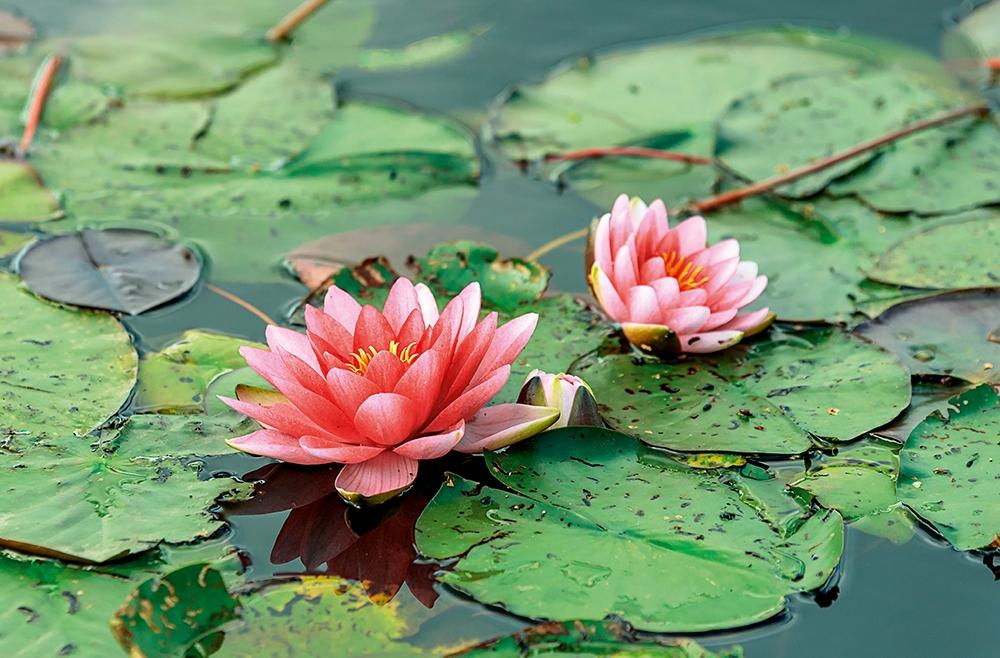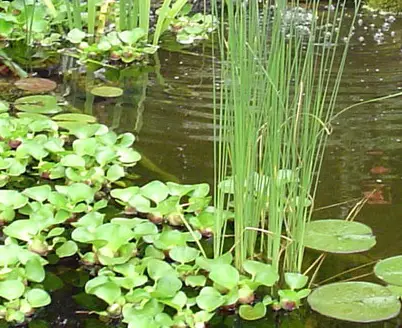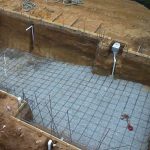Creating a beautiful and thriving pond is a dream for many garden and outdoor enthusiasts. One key element of a healthy pond ecosystem is the presence of aquatic plants. While traditional planting methods involve using soil, there is an alternative method that allows you to plant pond plants without soil. This technique not only simplifies the planting process but also helps maintain a cleaner and healthier pond environment.
100% Crystal Clear Water Guarantee – Floating Plant Basket

Benefits of Planting Pond Plants Without Soil
Planting pond plants without soil offers several advantages that make it a popular choice among pond owners. Some of the key benefits include:
- Reduces the risk of soil-borne diseases
- Eliminates the need for heavy soil bags
- Prevents soil from clouding the water
- Reduces maintenance and cleaning requirements
- Promotes better nutrient absorption by plants
Materials Needed
Before you start planting pond plants without soil, make sure you have the following materials on hand:
- Aquatic plants
- Aquatic plant baskets or containers
- Aquatic planting media (such as aquatic plant foam or pea gravel)
- Water lilies
- Floating plants (such as water lettuce or water hyacinth)

Credit: midwestpondfeatures.com
Step-by-Step Guide to Planting Pond Plants Without Soil
Follow these simple steps to successfully plant pond plants without soil:
Step 1: Choose The Right Plants
Select aquatic plants that do not require soil for growth. Water lilies, floating plants, and certain submerged plants are ideal choices for soil-free planting.
Step 2: Prepare The Aquatic Plant Baskets
Fill the aquatic plant baskets or containers with aquatic planting media. This can be aquatic plant foam, pea gravel, or any other suitable material that provides support to the plants.
Step 3: Plant The Aquatic Plants
Place the aquatic plants in the prepared baskets, ensuring that the roots are well-covered with planting media. Gently press the media around the roots to secure the plants in place.
Step 4: Submerge The Plant Baskets
Lower the plant baskets into the pond at the desired planting depth. Make sure the plants receive adequate sunlight based on their specific requirements.
Step 5: Maintain And Monitor
Regularly check the plants for any signs of distress or nutrient deficiencies. Adjust the placement of the plant baskets as needed to ensure optimal growth and health of the pond plants.
Tips for Successful Soil-Free Planting
Here are some additional tips to help you achieve successful soil-free planting of pond plants:
- Choose plants that are well-suited for soil-free planting
- Use high-quality aquatic planting media to support plant growth
- Monitor water quality and make adjustments as needed
- Regularly prune and remove dead plant material to maintain a clean pond environment
- Experiment with different planting depths to find the optimal conditions for your pond plants
Conclusion
Planting pond plants without soil is a practical and effective way to enhance the beauty and health of your pond. By following the steps outlined in this guide and implementing the tips provided, you can create a vibrant and thriving aquatic ecosystem that will be the envy of all who see it. Embrace the soil-free planting method and watch as your pond plants flourish in their new environment!




